According to Szazadveg’s October survey, an overwhelming majority of Hungarian adults reject the 2026 ban on Russian oil and gas. Two-thirds oppose the proposal, while only one-quarter support it.
The think tank noted that the European Parliament’s committee wants to enact a full prohibition on Russian natural gas and crude oil imports beginning January 1, 2026. Such a move would hit Hungary especially hard, driving fuel prices above 1,000 forints (over €2.60) per liter and causing a nationwide energy crisis.
For this reason, two-thirds of the Hungarian public rejects the embargo.
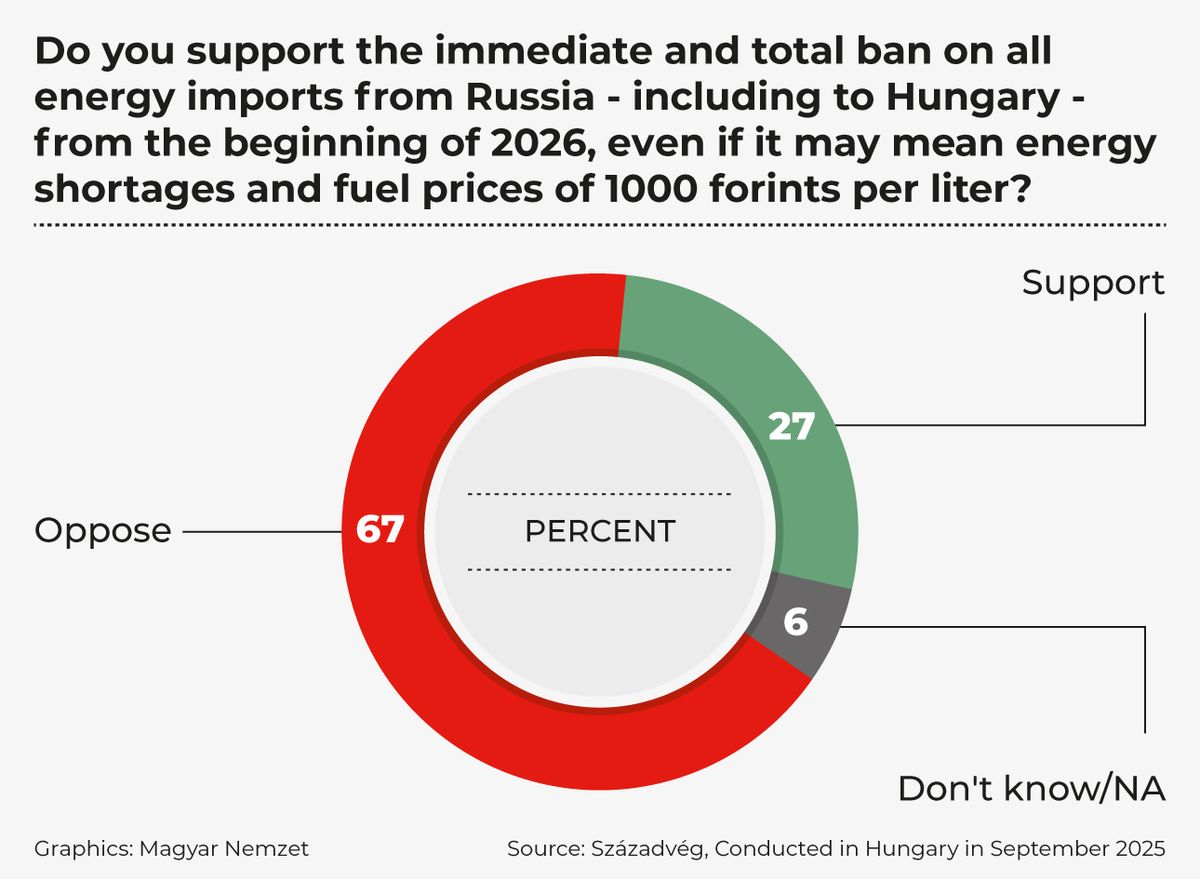
Since Ursula von der Leyen made the full ban on Russian energy a top priority, increasingly radical proposals have emerged. The initial RePowerEU plan sought to phase out Russian energy imports by the end of 2027. Since then, the European Commission’s energy commissioner has openly pushed for a permanent embargo—meaning that regardless of when the war ends, not a single molecule of Russian oil or gas should ever enter the European market.
Brussels has already removed LNG from its original plans and, as part of the 19th sanctions package, secured a one-year earlier cutoff date agreed to by member states. The European Parliament’s committee has gone even further, approving a proposal that would:
ban all Russian oil and gas imports beginning January 1, 2026.
Some in Hungarian politics have echoed this Brussels agenda. The Tisza Party, for example, included the complete phase-out of Russian energy in its program.
“The ban would inflict serious harm on Hungarian households,” Szazadveg wrote. “Eliminating these imports would trigger drastic market price hikes. Gasoline and diesel would climb above 1,000 forints (over €2.60) per liter, and household electricity and natural gas costs would rise to three-and-a-half times current levels.”
For an average household, the latter would mean over half a million forints (over €1,300) in extra annual expenses.
Many families would not be able to cope, pushing the number of people struggling with utility bills and home heating sharply upward, Szazadveg writes in its analysis.
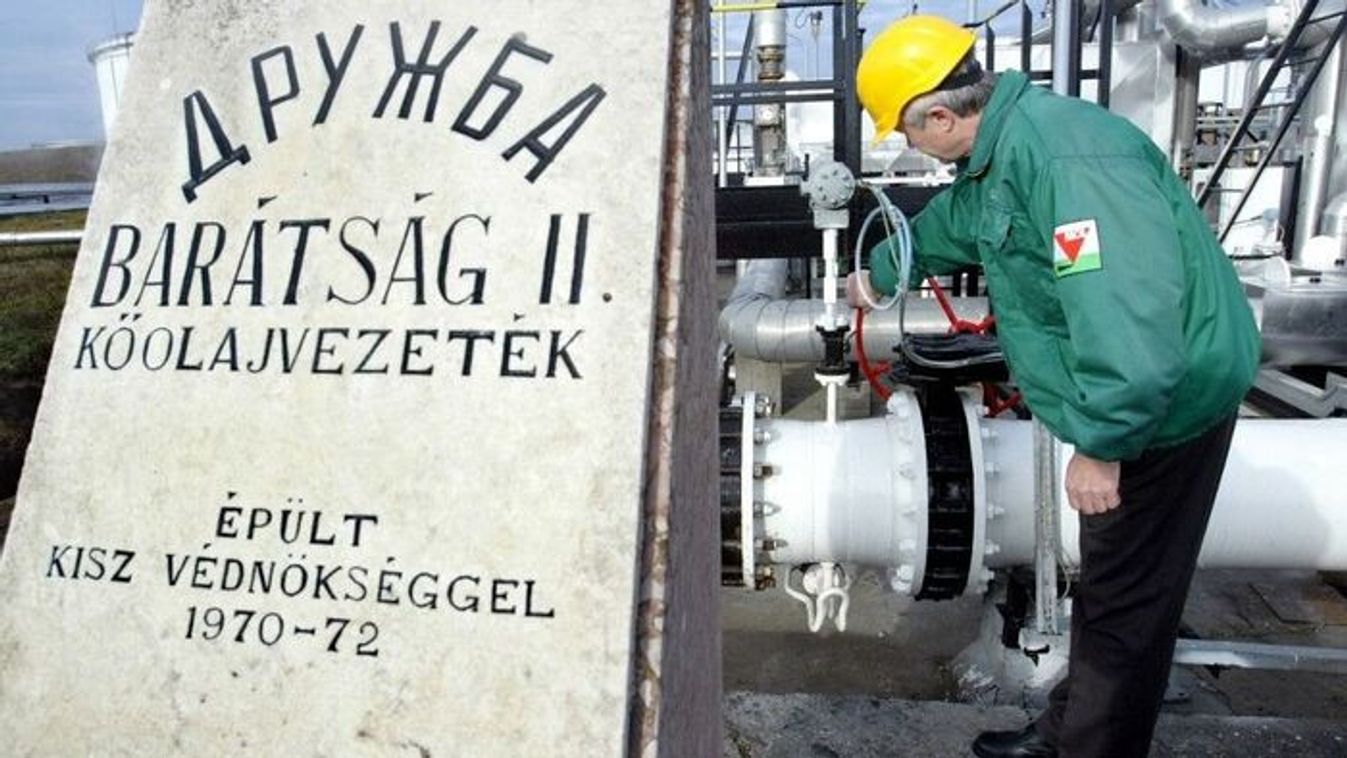
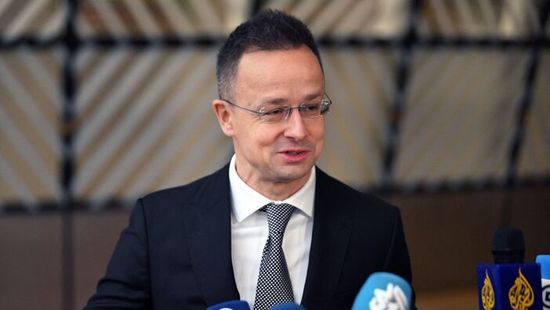
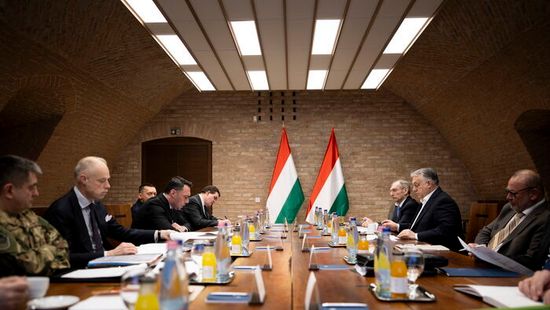

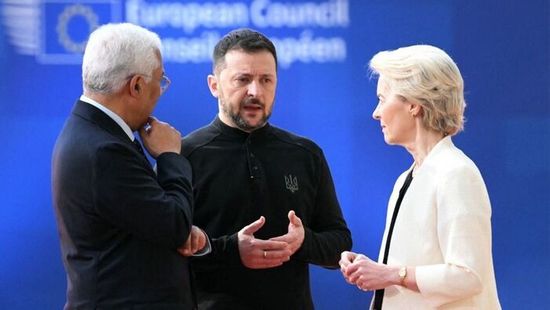


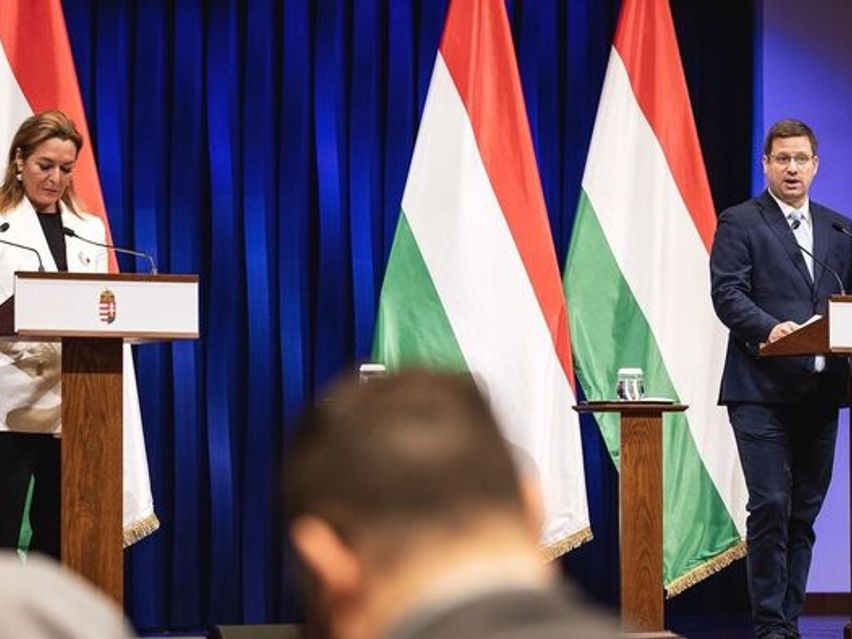



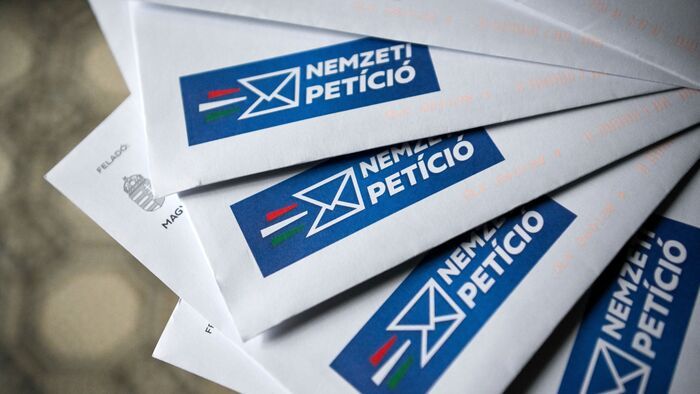




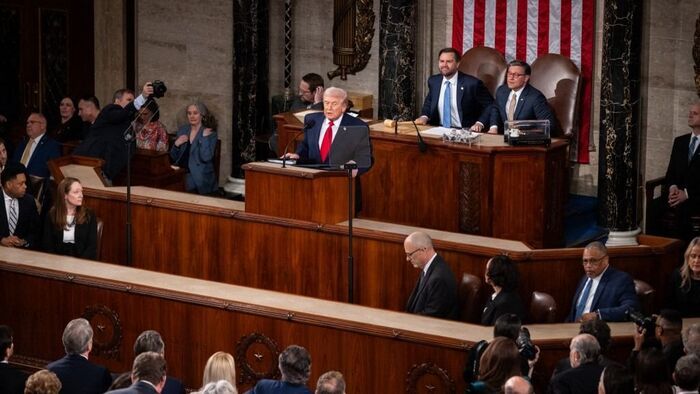
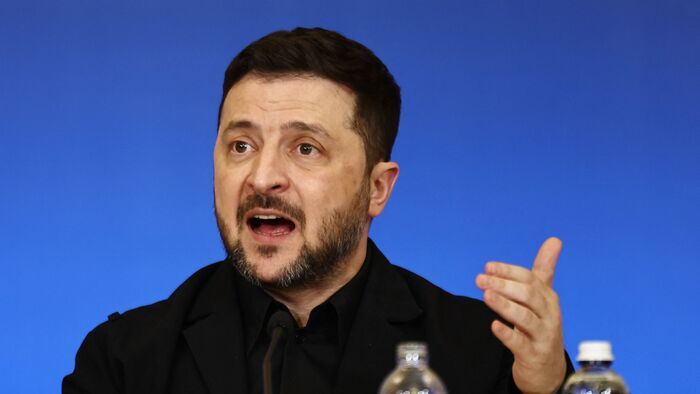
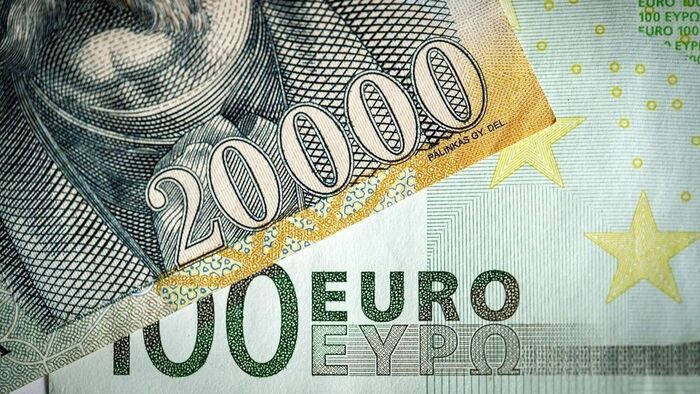
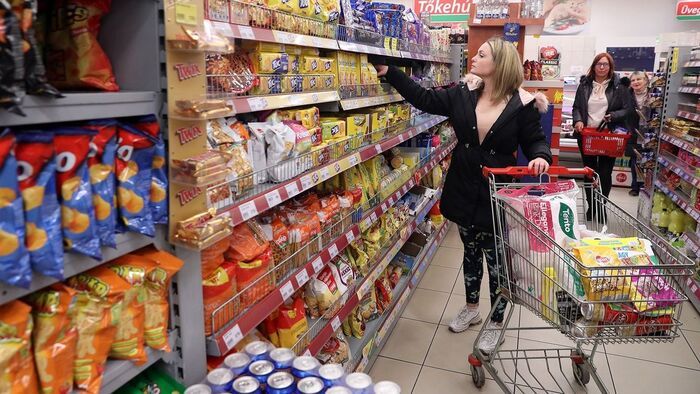


Szóljon hozzá!
Jelenleg csak a hozzászólások egy kis részét látja. Hozzászóláshoz és a további kommentek megtekintéséhez lépjen be, vagy regisztráljon!